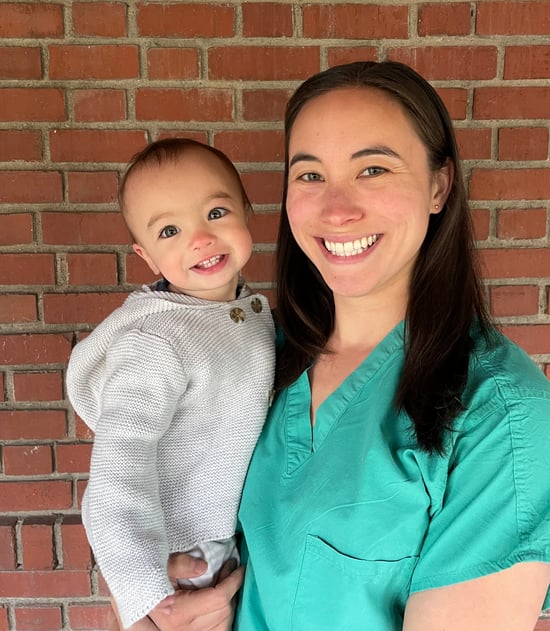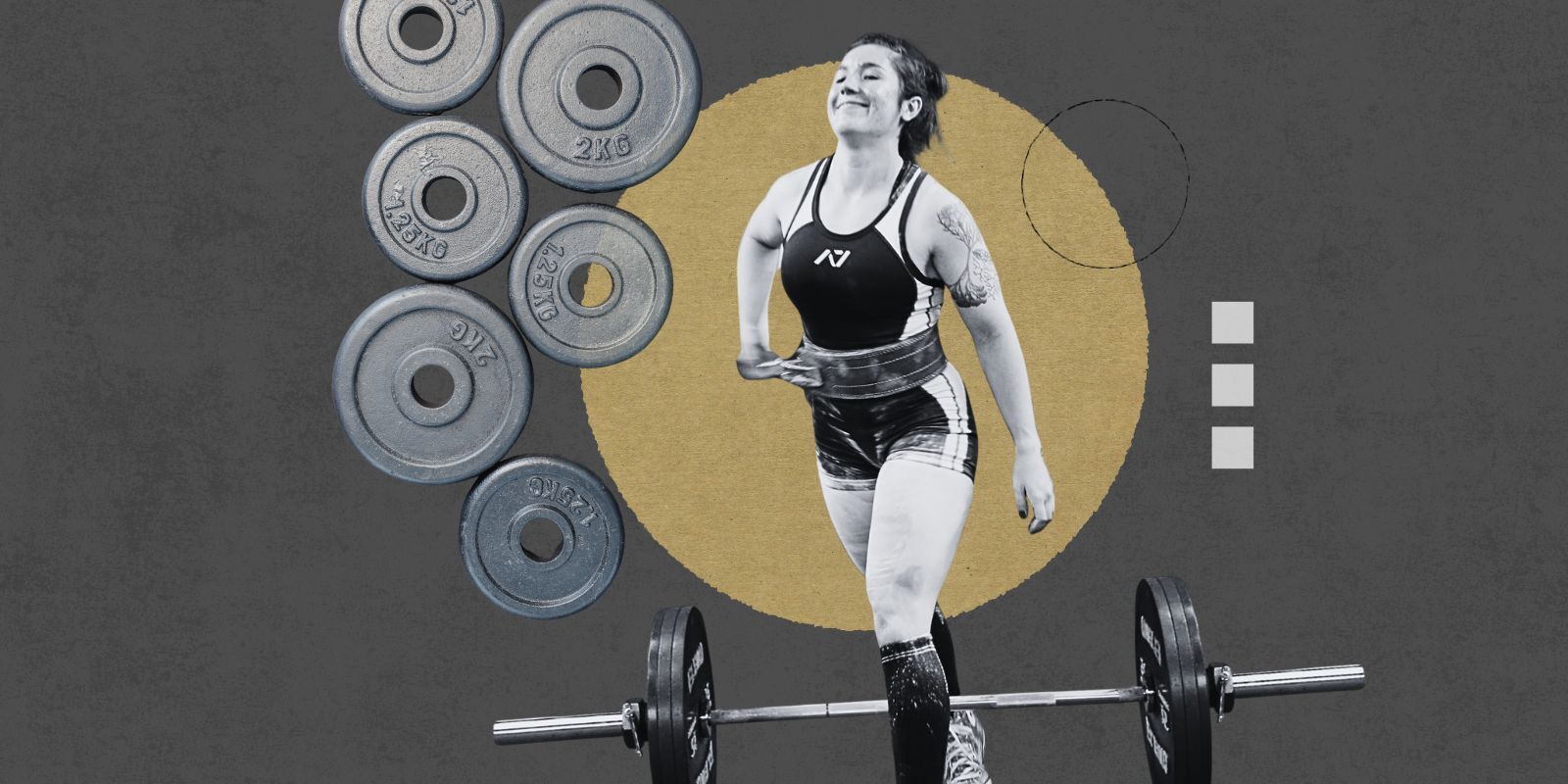It was a few years before Kiyomi Daoud started college at Harvard University that her grandmother was diagnosed with Alzheimer’s disease. As devastating as it was watching her grandmother’s struggle, Daoud found herself not only curious about the neurologic process her grandmother was going through, but also how her grandmother’s condition was affecting her grandfather, her parents, her sister, and herself.
Daoud signed up for a course in medical anthropology at Harvard in hopes of better understanding the ways in which people experience health and illness, and through that course she found her passion that led her to the University of Colorado School of Medicine, where she will graduate this month.
Her next stop is the University of Cincinnati, where she will soon begin a combined family medicine and psychiatry residency that is one of only five such programs in the country.
“If I want to help solve some of the problems in health care, the only thing I can imagine doing is family medicine and psychiatry,” she says. “When we think about communities, when we think about families and the way we interact with the health care system, mental health and physical health are inseparable. Being able to train in both allows me to really address the needs of a family holistically.”
‘Medicine found me’
Growing up outside of Washington, D.C., Daoud for a time thought she might have a career in nonprofits or politics. But her internships and coursework in the political realm left her frustrated, realizing that jobs in politics would never allow her to effect the changes she wanted to make.
“I realized that if I wanted to make a difference and also take care of myself, I selfishly needed to feel like each day, I did something good. And that's where medicine found me,” she says. “Not every day is going to be a great day in medicine, and I'm sure there will be days that I'm more frustrated than fulfilled, but every day, there's at least an opportunity to make a positive difference in someone's life.”
In her course in medical anthropology — a subfield of social and cultural anthropology — Daoud studied how health and illness are shaped, experienced, and understood in light of global, historical, and political forces.She found the field fascinating because she was able to use observational and qualitative research to gain a deeper understanding of cultural and individual experiences and better understand how people think about their health and interactions with medicine.

Kiyomi Daoud with her daughter.
The road to medical school
After graduating from Harvard with a degree in social studies, and as her interest in a medical career continued to grow, Daoud turned her love of the outdoors into jobs as a wilderness EMT and a ski patroller, the latter position in Breckenridge.
She took pre-med classes in Boston and at CU Denver and eventually took a job as a researcher in the Sports Medicine Center at Children’s Hospital Colorado. She worked there for two years before starting medical school at CU, where resuming her studies proved more difficult than she anticipated.
“The first two years of medical school, coming from working and having a post-college life to being back in the classroom, was incredibly challenging for me,” she says. “I didn't want to be a medical student; I wanted to be a physician. It was really challenging for me to make that shift.”
So challenging, in fact, that Daoud ended up taking some time off to preserve her mental health. She got the care she needed and was able to return to the classroom, and when she reached her third year of medical school and started to see patients and do the work of a doctor, things finally fell into place.
“That’s when things felt right,” she says. “I started to feel like I was on the path I wanted to be on.”
Rotations and research
In her third and fourth years, Daoud completed an infant and maternal psychiatry rotation, as well as a rotation with the Women’s Integrated Pelvic Health Program at Denver Health Medical Center, which she found especially rewarding.
“I'm really interested in working with survivors of sexual trauma,” she says. “It was a really powerful experience to work in an integrative clinic, because that sort of program doesn't exist many other places in the country. It was great for me to get that experience before I go out and train somewhere else.”
Daoud was able to pursue her love of research as a medical student as well, helping to create a medical school curriculum around racism and bias and working on a project integrating primary care at the Denver-based Chanda Center for Health, a clinic for people with spinal cord injuries.
“It’s meaningful to combine the professional and research skills I gained before medical school with my medical knowledge,” she says. “I hope my research on integrating primary care with integrative medicine will lead to making systems more human-centric.”
This time it’s personal
As she looks ahead to her residency, Daoud is excited to see how the combination of family medicine and psychiatry will help her further explore issues of health equity and get more experience guiding patients through their personal health journeys.
“My interest in medicine came from a place of wanting to understand how people experience illness and how people experience health, so, in that way, family medicine and psychiatry is a no-brainer for me,” she says. “The experience is what matters. It doesn't really matter what genetic mutation you have, or what your hemoglobin A1C is; it matters how that impacts your experience of life. This is a specialty that really focuses on managing the experience of illness and health, rather than just treating illness.”



